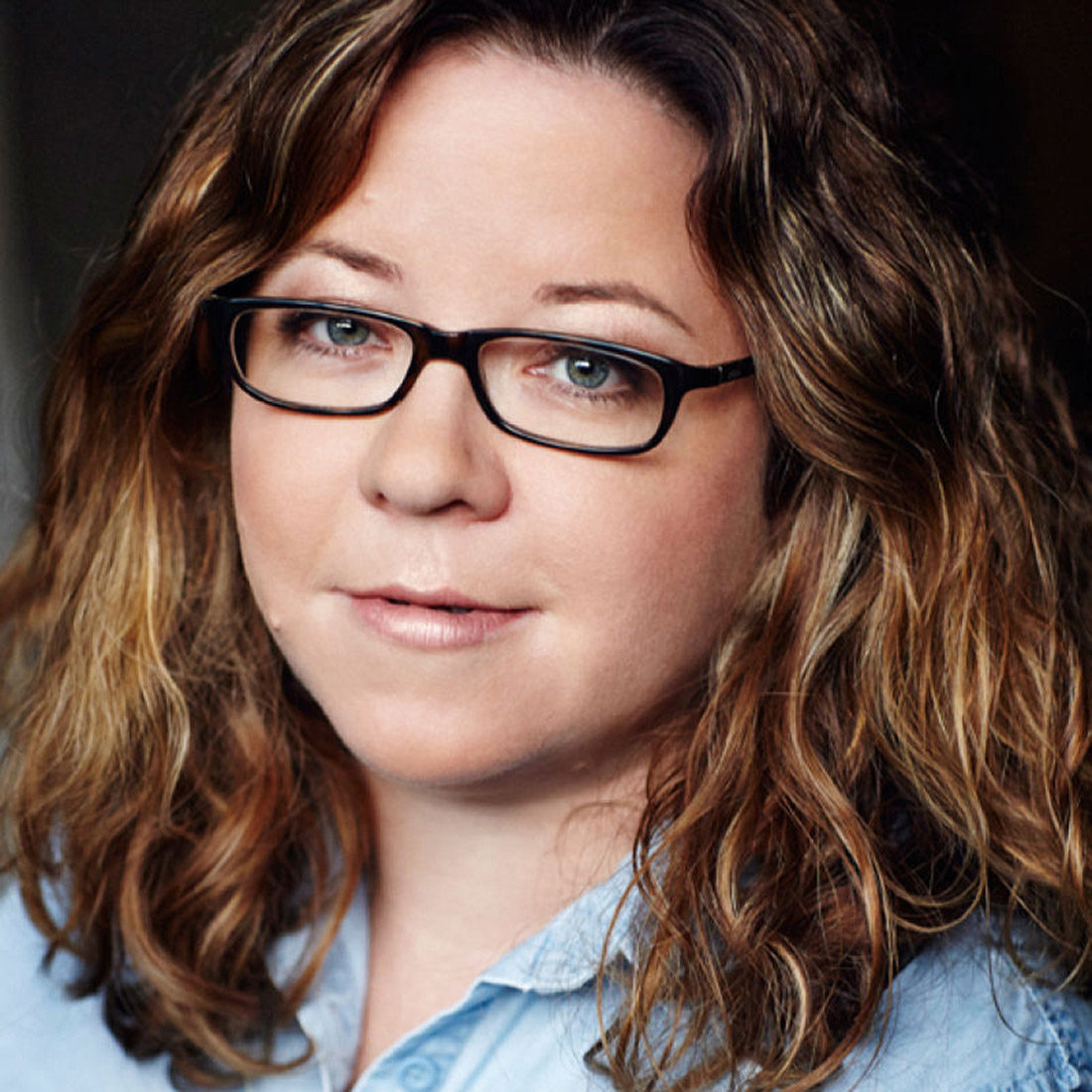Fiona McFarlane
I found The Night Guest intriguing from start to finish, starting with the tiger. How did the idea behind this novel arise?
The idea for The Night Guest started with the tiger, just as the novel does. I was reading about Victorian nursery rhymes and children’s stories, all those little cautionary tales designed to frighten children into good behaviour. I was struck by the number of wild animals that appeared in the rhymes and tales, most of them from the more ‘exotic’ (to the English imagination) countries of the British Empire. There are lions, crocodiles, elephants, but most often there are tigers – I thought of The Jungle Book, of course, but also later incarnations like The Tiger Who Came to Tea. So I got interested in the idea of the safe space of the English nursery being invaded – thrillingly, terrifyingly – by the colonial tiger. I wondered, what would happen if an elderly woman who’s had some kind of colonial past found herself haunted by a nursery tiger in the safe space of her home? From there came Ruth, with her missionary childhood in Fiji, who wakes up one night thinking she can hear a tiger in the lounge room.
There is something really engaging about your direct, very accessible style. Can you tell us a little about how you developed your writing style?
Thank you! I’ve been writing stories for as long as I can remember, and when I was much younger I thought a lot about style – did I have a style? Would I ever have one? How would I achieve it? Like most young writers, I copied other people’s styles to see how they did it. As I grew more experienced, I learned two things. The first is that my style isn’t set in stone – it depends on the needs of the piece I’m working on. So, the 3rd-person narrative voice in The Night Guest is quite different to, say, the 1st-person voice of my short story ‘Good News for Modern Man’, which is narrated by a malarial marine biologist who thinks he can see the ghost of Charles Darwin. The second thing I learned was that style is a secondary consideration. The most important work of a sentence is to be clear. This doesn’t mean a sentence can’t be complex or beautiful or rhythmic; but it must always remember there’s a reader at the other end of it. I now tell my writing students to aim first of all for clarity; style and voice arise from clarity, and not the other way around.
The novel treats the theme of growing old and the associated maladies of old age with such gentleness. Have you had personal experience with aging people or did you base your material on research?
Both my grandmothers suffered from dementia at the end of their lives, but neither of them resembles Ruth and no part of the novel’s plot is drawn from real life. My grandmothers showed me how devastating dementia can be, how idiosyncratic, how differently it presents in different people, and reminded me that a person with dementia has spent most of their life without it. I knew them as complex women who’d lived full and interesting lives, and that’s what I aimed for with Ruth.
You are also well known for your short stories. A short story seems to need a very tight structure. Can you explore for us some of the differences associated with writing a novel compared to a short story?
Some of the stories in my collection The High Places took longer to write than The Night Guest – although I did work on them much less intensely – so I can’t really give the obvious answer, that novels take longer than stories do. Still, it’s been my experience that the difference is all about time: not the time of the writer, but the time of the reader. A story will tell you how long it needs to spend with the reader. When I started writing The Night Guest I thought it was a short story; soon I realised that in order to create the impact the story called for, I needed the reader to spend a long time with Ruth. Ruth needed a novel. She needed gradual shifts in order to produce surprises, and so the pace of what I was writing changed. It became cumulative, multi-layered. A short story impacts the reader in a different way: it should imply a whole world, but briefly. When I think about the density of the short story, I don’t think of lots of information squeezed into a small space – I think of a littleness that’s constantly gesturing to the largeness around it. I want readers to leave each of my stories feeling that it’s part of something bigger. So the sentences of a short story have to work hard: they have to be both condensed and expansive all at once.
The novel has been short listed for the Miles Franklin Literary Award, the Stella Prize, and LA Times Book Review prize, an INDIE Award, the Dobbie Literary Award and an Australian Book Industry Award. The Night Guest won a NSW Premier’s Prize and you were named a Sydney Morning Herald Best Young Australian Novelist for 2014. These are very impressive credentials. Have they spurred your on or were they a bit daunting?
They were all so unexpected, and obviously lovely – writing is such a solitary activity that it’s wonderful to receive any encouragement. A book is published so long after the writer completed it, and literary prizes come so long after that, that I’ve been able to feel uncomplicatedly delighted for the book without letting the noise of prizes affect the writing of the next one.
From your biography it looks as if you have always wanted to be a writer. Can you tell us something about your journey as a young writer? What have been the major challenges?
I grew up in a house full of books – my mum was a bookseller – and I understood the power of storytelling very early. I wrote my first ‘novel’ at the age of 6. It was 11 (very short) chapters long, and mum typed it up despite the fact that I killed the mother character on the second page (I knew how fairytales worked: one or both parents had to die to get the story moving). Since then, every career choice I’ve made has been designed to make writing possible. I share the major challenges with most other writers: time and money. There have been great sacrifices and enormous joys. I’ve worked hard and I’ve been lucky. I’m grateful for all of it.
Thank you Fiona. We are looking forward to hearing you speak at the St Albans Writers’ Festival.


